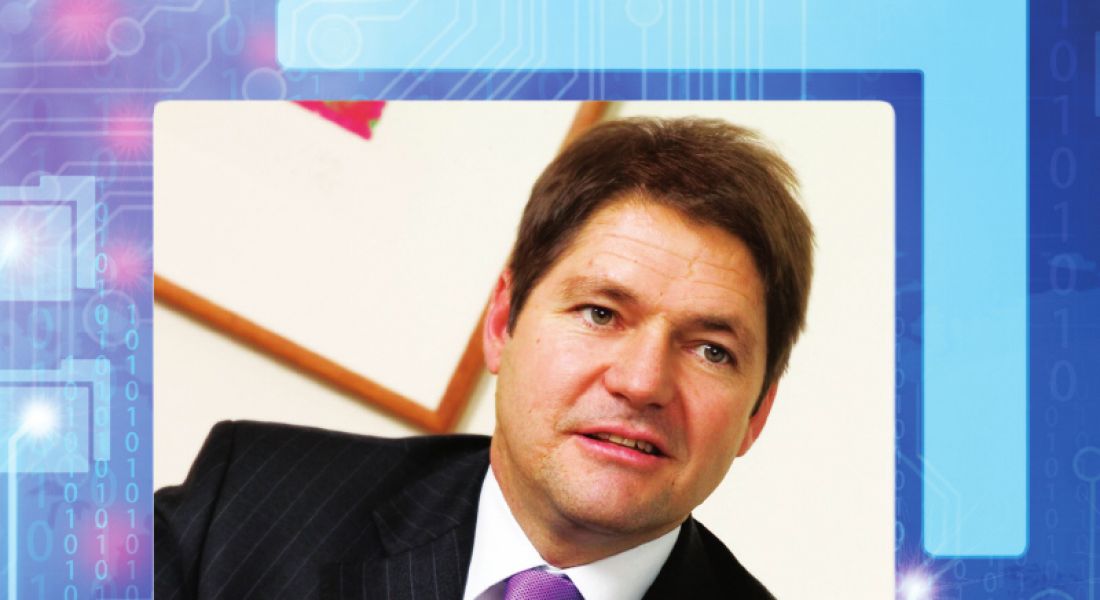With every business effectively now a technology business, the role of CIO has never been of greater significance. However, not only do CIOs have to be concerned with keeping the lights on and the machines whirring, they are in the front line of the war for attracting 21st-century IT talent, in particular social and mobile development skills, according to the latest Harvey Nash/TelecityGroup CIO survey.
The annual Harvey Nash study reports the views of more than 2,000 CIOs around the world with a combined IT spend of US$103bn.
CIOs reporting skills shortages in mobile have grown by 11pc this year with 25pc of all CIOs struggling to find the right mobile talent.
In addition, 25pc of CIOs cite skills shortages in Big Data and 19pc for social media technology skills, up 8pc on last year.
However, despite the shift towards 21st century talent, the classic skills like business analysis (sought by 39pc of CIOs), enterprise/technical architecture (39pc) and project management (31pc) that remain the skills most in overall demand.
CIOs are also increasingly worried about retaining their best talent in 2013. Nine out of 10 are ‘very’ concerned with keeping their most valuable skills in the organisation and 28pc have offered staff flexible employment contracts.
However, there has been less progress with workforce diversity programmes and 14pc of organisations say there are no women in the IT department.
For almost a third of organisations women make up less than one in 10 IT employees.
Control and influence
Because CIOs roles are being changed from traditional IT and data management to spearheading new areas like cloud, BYOD and outsourcing, one-fifth of CIOs believe they have lost an element of direct control over their IT assets in the last five years.
However, according to Harvey Nash CEO Albert Ellis that does not mean CIOs have lost influence and are seeing their roles as collaborators.
Two-thirds of CEOs would rather see their CIOs involved in making money rather than saving money and one vital area for collaboration is sales and marketing.
However, when comparing relationships between IT and other departments sales and marketing is the area in need of most improvement with three-quarters of CIOs believing there is room for improvement.
Either way the budget traditionally reserved for IT is moving in the direction of other departments such as sales and marketing.
The proportion of companies where more than 10pc of technology spend likes outside of the control of the IT department has almost doubled to 40pc in the last three years.
Harvey Nash CEO Albert Ellis explained to Siliconrepublic.com that the challenge for CIOs recruiting 21st century IT talent involves understanding how young technology graduates think.
“This is especially true for the millennials who don’t really get the old concept of corporate hierarchy. They are driven by their purpose in life and whether they are fulfilling their dreams. Are they involved in an exciting company that’s going to change the world or IPO one day like Facebook?
“Mainly the CIO needs to get to grips with that and not think like an old blue chip company. Tune into their values,” Ellis recommends.
Ellis described the ‘new normal’ where the days of money being no object for IT projects are gone for ever. “From here on in IT expenditure will be centred around getting more for less.
“In attracting future tech talent CIOs would be wise to remember that today’s mobile and social developers are being headhunted every single day on the phone and by social media.
“CIOs need to learn how to appeal to these workers’ interests, their ambitions and the kind of things they would like to work on. This is no longer about selling the employer; it’s about selling the opportunity.”
The 2013 Harvey Nash CIO Report will be unveiled and analysed for the benefit of Irish CIOs and IT leaders at a special event on 25 June at the Marker Hotel in Dublin with special guest speakers including investor and mentor Chris Horn, the CIO of UPC Ireland Henry Minogue, the managing director of Mandiant Ireland Tom Keating and the head of business intelligence at Telefonica Ireland Peter McKenna




